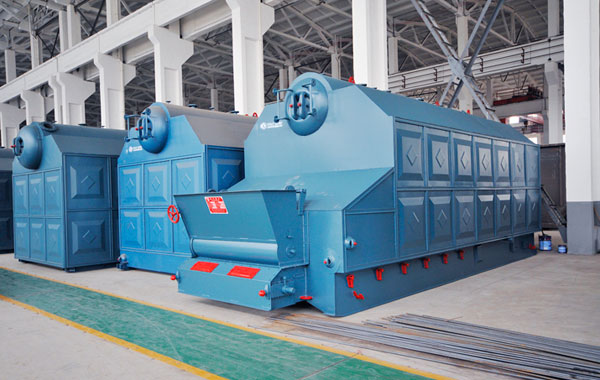If you are interested in our products, Please get in contact with us .
E-mail: zhulin@zozen.com Chat Line Send InquiryMore and more customers are choosing to use industrial boilers that burn biomass pellets. Why is this? Environmental protection and energy conservation are two major reasons.Due to the severe pollution situation, environmental protection departments of various countries have strengthened pollution management. For the boiler industry, local environmental protection departments have also introduced governance policies. Biomass pellet fuel is generally a kind of granular environmental protection new energy produced by processing agricultural and forestry waste such as straw, rice husk, peanut shell, corn cob, oil tea shell and cottonseed hull. This fuel has high calorific value, high purity, no other impurities that do not generate heat, and is free of sulfur and phosphorus. As a new type of particulate fuel, biomass pellets have won wide recognition for their unique advantages. Compared with traditional fuels, biomass pellets not only have economic advantages but also environmental benefits, which fully meet the requirements of sustainable development. Biomass pellet boilers make full use of this environmentally friendly energy source to provide heat and power to all industries. Our company provides cost-effective biomass industrial boilers and power station boilers according to the actual characteristics of users.

DZL series water-fire tube biomass boiler adopts full-wet back type three-return structure, long flue gas flow, lower exhaust gas temperature, full corrugated furnace setting, and improved thermal efficiency. The szl series of biomass chain grate boilers have sufficient output, good flue gas flow design and stable running performance. Biomass angle tube boiler has good sealing performance and high thermal efficiency, and it is a high-efficiency energy-saving and environmentally-friendly boiler. The biomass fluidized bed boiler adopts high and low differential fluidized bed, which solves the problem of bed surface coking, as well as technical problems such as convective heating surface corrosion and ash accumulation.